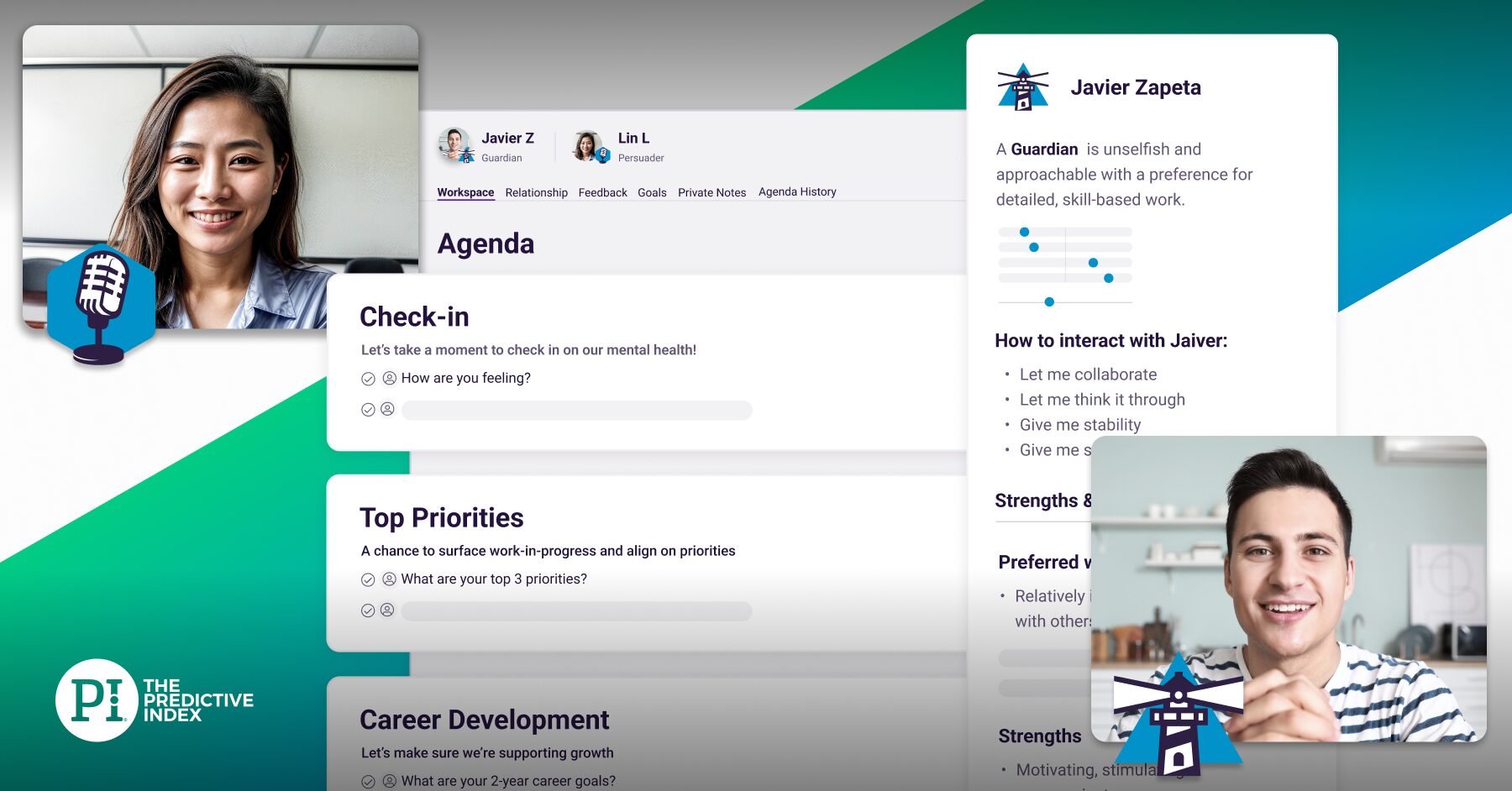What causes imposter syndrome—and how can business leaders overcome it?
She started her career intending to become a teacher, studying psychology. But the more Cherry Rose Tan learned, the more she realized that business is often driven by powerful emotions, and managing those emotions effectively is key to consistent success. Today she counsels senior staff in start-ups, tech, law, and finance from her Toronto office.
We spoke with Tan recently about how business leaders can avoid, or manage, imposter syndrome. The interview has been edited and condensed.
Q: Can business leaders at any level (middle manager, director, VPs, C-level) suffer from imposter syndrome?
A: “I’d say 100%! This comes up a lot in the mental health work I do in the tech industry. Imposter syndrome is becoming a lot more common because of stress, and not just at the employee level. It could be a manager, a C-level executive, a millennial. There’s a lot of pressure to perform and appear perfect because of social media.”

Q: Does company size come into play i.e., do leaders at very small companies suffer from imposter syndrome as much as leaders from bigger/scaling (say 100-person +) startups?
A: “I don’t think there’s enough data on this since imposter syndrome can literally appear at every level in every company if it’s left unchecked. It’s really about the internal perspective of that person. It’s not the company size but the beliefs that person holds. How do they relate to failure? To setback? There’s a lot of shame over feelings that are completely normal.
When someone feels imposter syndrome, it really shifts how they react to stressors. The stressors can be the same for two people, but the reaction might be very different.”
Q: Does gender matter? Men are taught to play down emotions and be strong. Does this mean they suffer less from imposter syndrome? Or are they less vocal about it?
A: “I feel like there are differences in gender. Law firms and banks, for example, are workplaces whose culture is hyper-masculinized and there’s a lot of pressure to be the strong one, the protector, successful. And it’s gotten worse. Men feel really bad when they feel emotions they’ve been told are weak—like shame, low self-worth, and resentment. And they’re not used to being supported emotionally.
I see male clients who use drugs and alcohol to feel numb. They’re ashamed to tell their family about the stress they feel and, if a business is failing, to tell their spouse they may have to get a job or the family has to move. The pressure is very real and they don’t have anyone to talk to about it.”
Q: What are some practical steps leaders can take to overcome this feeling?
A: “The mistake is taking others’ outside appearances and thinking that they’re real.
Withdraw! I take a day every month just for myself and every three months I take a mini-retreat and go do something that nourishes me for my own personal growth and relationships.
You really need to break that paradigm shift of focusing on how well everyone else is doing.”
Join 10,000 companies solving the most complex people problems with PI.
Hire the right people, inspire their best work, design dream teams, and sustain engagement for the long haul.








